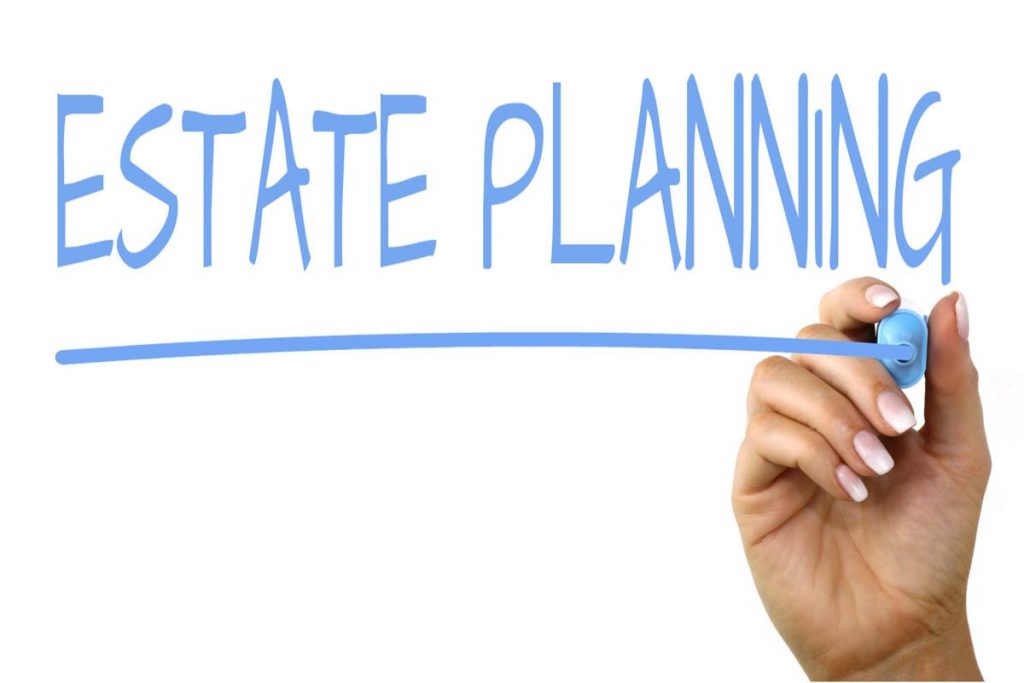Most will-writers should anticipate their will to go through the probate procedure, in which the courts confirm that the will is genuine and legally valid. When a will is probated, the estate must pay about 1.4% of the total estate value in probate costs. Like other debts/fees due, this charge should be minimized to ensure the most significant possible inheritance is left for our loved ones. Unfortunately, avoiding probate is not an option. In general, if your estate is worth more than $25,000, your will must be probated.
Even when probate is necessary, there are methods to reduce probate costs that must be paid. One of the most popular tactics is to keep assets out of the estate. Any assets that aren’t part of the estate or will aren’t liable to probate costs. Here are some ways on how to maximize your estates’ value:
Naming Beneficiaries in Your Accounts
A beneficiary may be nominated in most registered accounts to become the legal owner of the account when you die. Upon your death, the account will instantly begin sending payments to the designated beneficiary, totally bypassing the will. Probate costs will not be charged on the entire account. Among the accounts that may have designated beneficiaries are:
- Registered retirement savings plan (RRSP),
- Registered retirement income fund (RRIF),
- Tax-free savings account (TFSA), and
- Life insurance policies.
Using Joint Ownership
Joint ownership agreements exist when two or more individuals possess a specific asset equally. When a joint owner dies, the remaining joint owner is granted sole ownership of the asset instantly and automatically. A frequent situation in which joint ownership agreements are utilized is when a person wants to leave their house to their spouse if they die. Instead of designating the house to the husband’s will, they may immediately establish a joint ownership agreement. Like RRSP or RRIF accounts, the joint owner becomes the asset owner, and the estate does not have to pay probate costs on the asset.
While the probate charge of 1.4% may seem modest, it may add up to a significant amount of money. Especially when it comes to real estate, avoiding probate costs on houses may make a significant difference in the estate’s total worth. For example, if a house is worth $1,000,000, probate costs would be about $14,000. Will-writers should keep probate in mind while planning their estate, as it may be simple and very successful in certain instances to save probate costs.
Giving Inter-Vivos Gifts
Some individuals realize they have more than enough money to sustain themselves after retiring and planning for the rest of their lives. When this occurs, it is generally prudent to begin gift-giving before one’s death (inter-vivos gifts). Because the gift will not be in the testator’s possession, it will not be included in their estate or will, reducing the probate costs for the real estate.
Creating Trusts
Inter-vivos trust accounts—like gift accounts—may be used to donate assets in a more regulated way. An appointed trustee holds a trust account for the benefit of a specified beneficiary. As the trust creator, you may decide when the beneficiary will be allowed to withdraw/use the trust’s contents. As with gift-giving, you relinquish the asset’s ownership, which means it will not be subject to probate. The spousal trust is a typical kind of trust account used for this reason.
Writing Secondary Wills
Bank accounts and real estate are two typical types of probate assets. In certain instances, it’s a good idea to write two wills: one for probate assets and one for non-probate assets. Not all assets are needed to be probated. In general, a probate asset requires legal authorization granting the executor access to the asset. By having two wills, the non-probate will is administered without going through the probate courts, and the probate will not account for the assets of the non-probate will.
Final Thoughts
Given that each estate is unique, different methods may be appropriate for you. Begin by gathering information about your accounts (assets, debts, policies). Consult with a specialist for customized guidance on growing assets, lowering taxes and obligations, and improving your total worth.
A wills and estates lawyer is an excellent decision if you need assistance keeping your estate up to date. Contact us at Dreyer and Associates Family Lawyers because we are dedicated to protecting the best interests of families across the Fraser Valley and the Lower Mainland.





